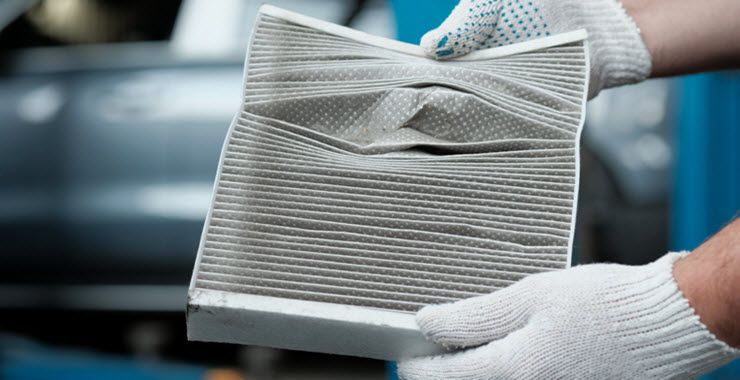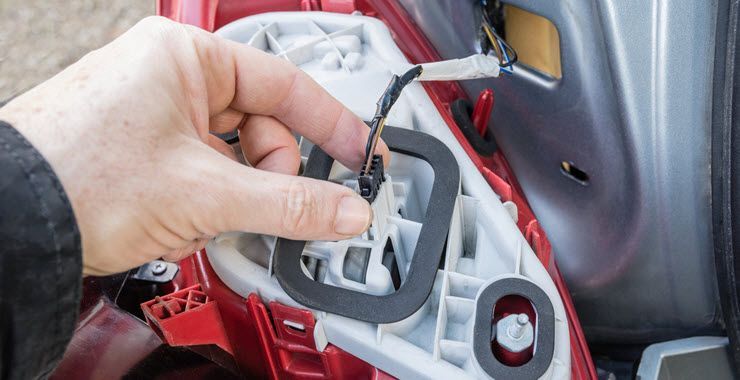March 10, 2025
The suspension system of a vehicle plays a crucial role in ensuring a smooth and comfortable ride while also enhancing safety and control. One of the key components of a car’s suspension system is the spring. Springs come in various forms, including coil springs and leaf springs, and they are responsible for absorbing shocks and vibrations from the road surface to provide a stable and controlled driving experience. In this article, we will delve into the importance of springs in your Euro car’s suspension system and how they impact the overall performance of your vehicle.
The Role of Springs in the Suspension System
Springs are designed to support the weight of the vehicle and its occupants while also absorbing energy from road imperfections such as bumps, potholes, and uneven surfaces. When your car hits a bump, the springs compress to absorb the shock, preventing it from being transmitted to the vehicle’s body and occupants. This not only ensures a smoother ride but also protects other suspension components from excessive wear and tear.
Different Types of Springs in Euro Cars
Euro cars are known for their advanced engineering and superior performance, and their suspension systems are no exception. Depending on the make and model of your Euro car, it may be equipped with different types of springs, including:
-
Coil Springs: Coil springs are the most common type of spring found in modern vehicles, including Euro cars. These springs are made of durable steel and are coil-shaped to provide optimal support and shock absorption.
-
Leaf Springs: While less common in modern Euro cars, leaf springs are still used in some commercial vehicles and trucks. Leaf springs consist of multiple layers of spring steel stacked on top of each other to support heavy loads and provide a stable ride.
How Springs Impact Your Car’s Performance
The condition and quality of the springs in your Euro car can significantly impact its handling, comfort, and overall performance. Here are some ways in which springs affect your vehicle:
-
Handling: Properly functioning springs help maintain stability and control while cornering, braking, and accelerating. Worn or damaged springs can lead to reduced handling performance and increased body roll.
-
Comfort: A worn-out spring can result in a bumpy and uncomfortable ride, as it may not be able to absorb shocks effectively. By ensuring your springs are in good condition, you can enjoy a smoother and more comfortable driving experience.
-
Safety: Springs play a key role in maintaining traction and stability, especially during sudden maneuvers or emergency stops. Faulty springs can compromise your Euro car’s safety by affecting its ability to respond to road conditions effectively.
Signs of Worn or Failing Springs
Over time, springs can wear out due to the constant stress and strain they endure. It is essential to recognize the signs of worn or failing springs to address any issues promptly. Some common indicators of worn or failing springs include:
- Uneven ride height
- Excessive bouncing or swaying
- Clunking or squeaking noises
- Uneven tire wear
- Vehicle sagging to one side
If you notice any of these signs, it is recommended to have your suspension system inspected by a qualified mechanic to determine if the springs need to be replaced.
Maintaining Your Euro Car’s Springs
To ensure optimal performance and longevity of your Euro car’s suspension system, regular maintenance is key. Here are some tips to help maintain your car’s springs:
- Inspect the suspension system: Periodically check for signs of wear or damage to the springs, shocks, and other suspension components.
- Check the ride height: Make sure your Euro car maintains a consistent ride height to prevent uneven tire wear and handling issues.
- Avoid overloading the vehicle: Excess weight can put additional stress on the springs and suspension system, leading to premature wear and reduced performance.
- Follow the manufacturer’s recommendations: Adhere to the recommended maintenance schedule outlined in your Euro car’s owner’s manual to keep your suspension system in top condition.
By following these maintenance tips and addressing any issues promptly, you can ensure that your Euro car’s suspension system, including its springs, continues to provide a safe and enjoyable driving experience.
Final Thoughts
Springs are a critical component of your Euro car’s suspension system, and they play a vital role in maintaining comfort, stability, and safety on the road. By understanding how springs function and impact your vehicle’s performance, you can better appreciate the importance of regular maintenance and timely repairs when needed. Remember, a well-maintained suspension system not only enhances your driving experience but also ensures the longevity of your Euro car for years to come.
The post Understanding How Springs Affect Your Euro Car’s Suspension System appeared first on Rob's Import Repair.







